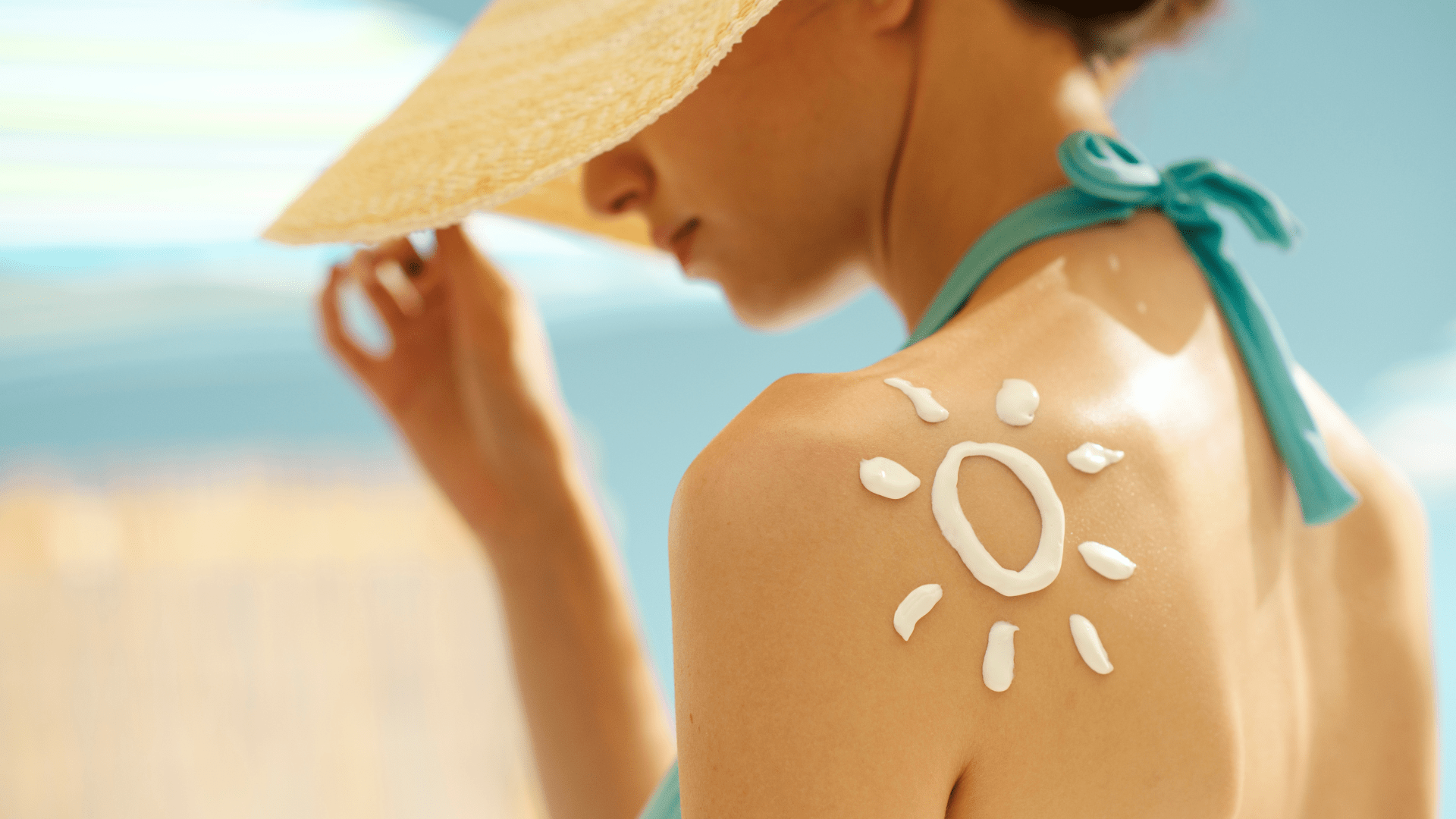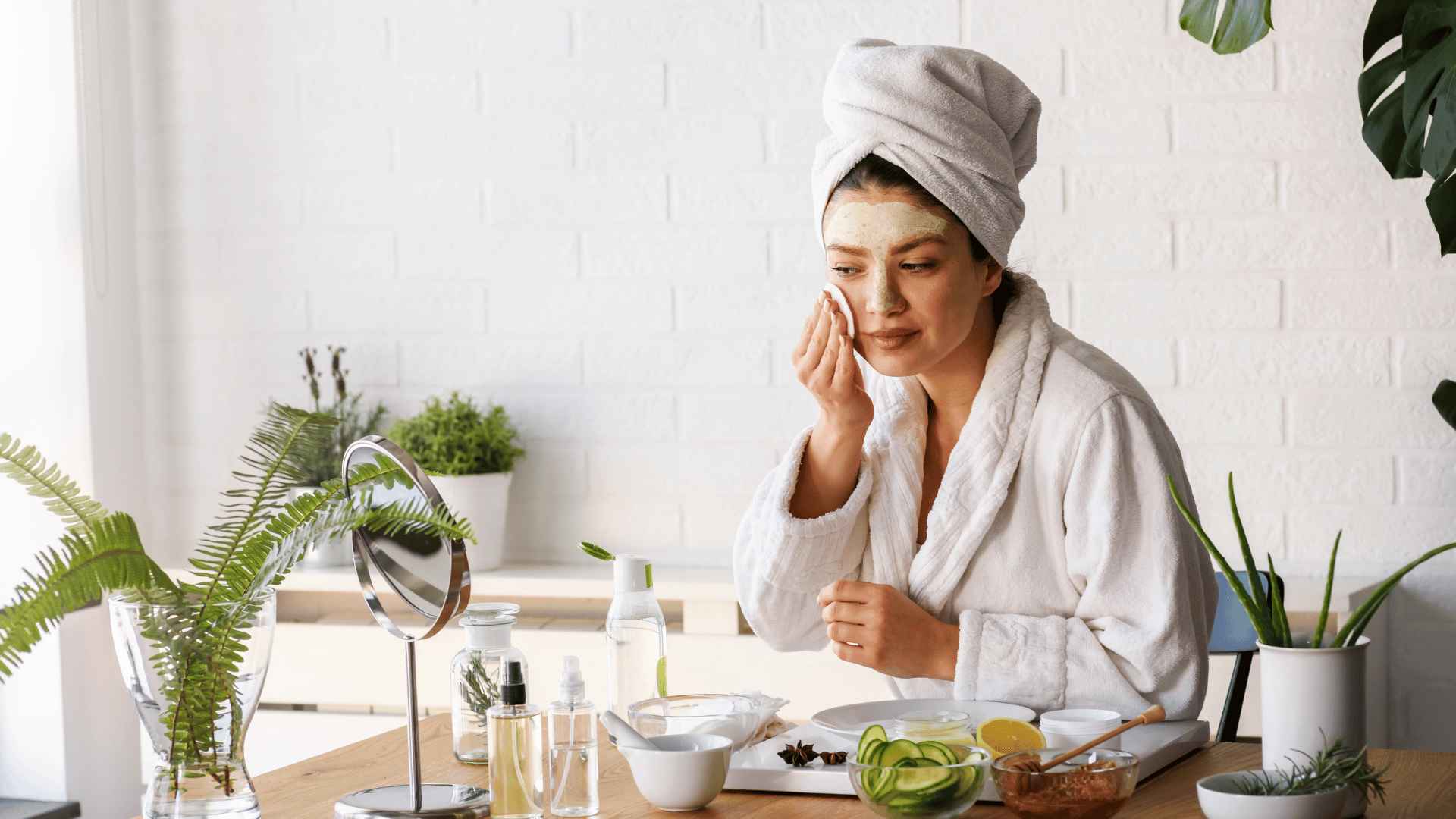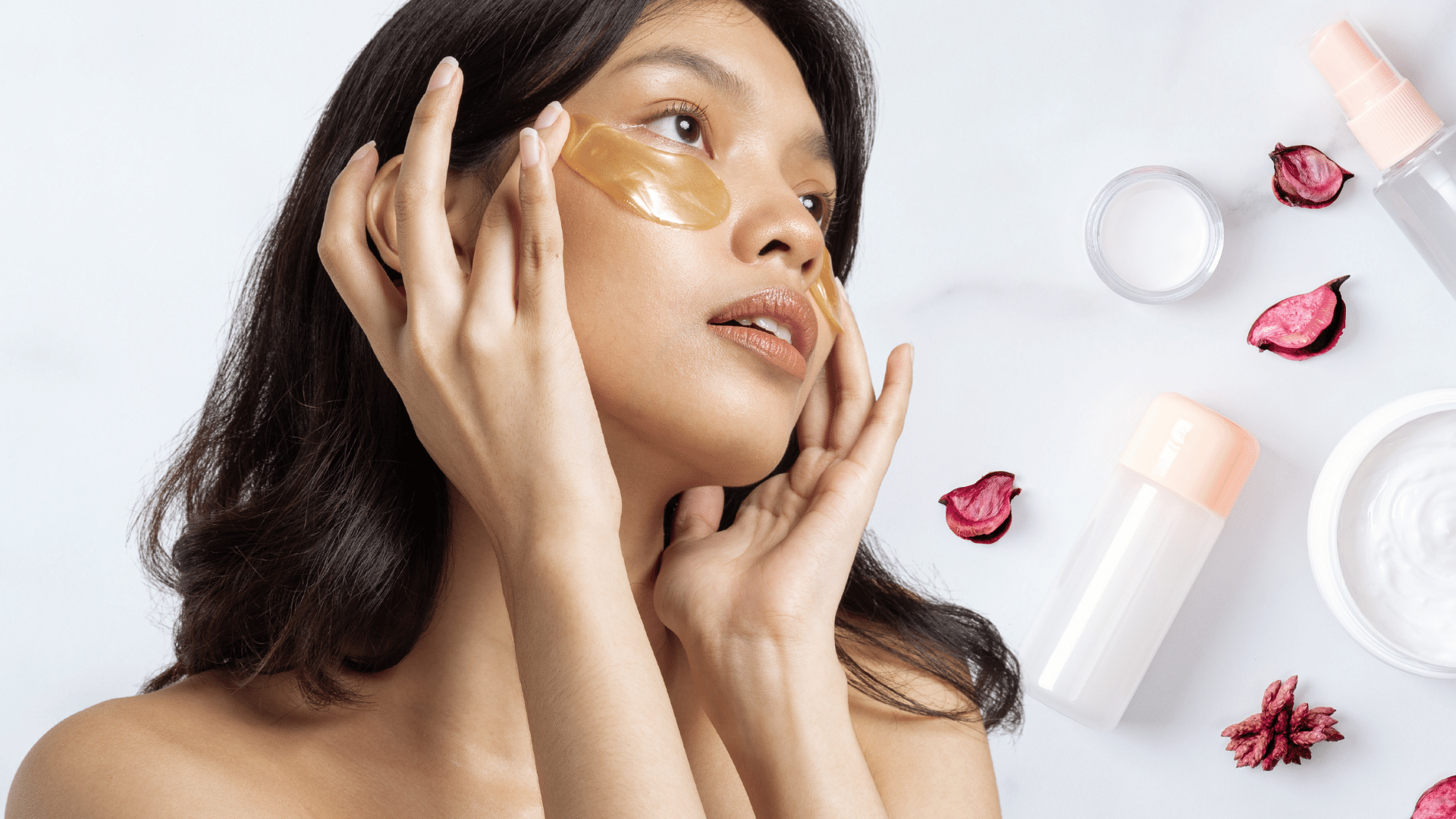Summertime is coming in the Philippines and cold nights will soon be gone in the Philippines. And every Filipino knows how hot it can get in the Philippines during the summer season. Summer is a time for fun in the sun, but it can also wreak havoc on your skin if you're not careful. While it offers us vitamin D, essential for bone health and overall well-being, it also poses significant risks in the form of harmful sun's rays.
Is the Sun Really a Vitamin or Harmful UV Rays?
But before everything, let's address the question: is the sun a vitamin or a source of harmful UV rays? The answer lies in understanding the dual nature of sunlight. On one hand, sunlight exposure stimulates the production of vitamin D in our bodies, crucial for bone health, immune function, and mood regulation. However, prolonged or excessive exposure to the sun's UV radiation can lead to various skin issues, including sunburn, aging, and an increased risk of skin cancer.
UV radiation consists of UVA and UVB rays. UVA rays penetrate deep into the skin, causing aging, wrinkles, and long-term damage, while UVB rays primarily affect the outer layers of the skin, leading to too much exposure and an increased risk of skin cancer.
As we enter the scorching heat of summer, it becomes imperative to find a delicate balance between enjoying the sunshine and protecting our skin from its damaging effects. The combination of scorching heat, UV rays, and increased humidity can lead to a host of skincare woes, including sunburns, breakouts, and dehydration.
If you are planning where to spend your vacation this summer, you might as well consider preparing your skin for the summer season. To keep your skin healthy and glowing all summer long, here are some essential summer skincare tips to incorporate into your routine:
10 Ways to Protect Your Skin From the Sun in Summer
1. Don't Forget To Wear Sunscreen
One of the most effective summer skin care tips is to apply sunscreen daily. Choose a broad-spectrum sunscreen with an SPF of at least 30 and apply sunscreen every two hours, especially if you're swimming or sweating. This simple skin care regimen habit can significantly reduce your risk of sunburn, skin damage, and skin cancer.
However, individuals with fair or sensitive skin, those planning prolonged activities outdoor, or when the UV Index is high should opt for higher SPF, such as SPF 50 or higher, to ensure adequate protection.
Regardless of the SPF level chosen, don't forget to reapply sunscreen every two hours, or more frequently if swimming or sweating, is essential to maintain consistent protection throughout the day.
2. Wear Protective Clothing
Opt for clothing that provides adequate coverage, such as lightweight long-sleeved shirts, pants, and wide-brimmed hats. Dark or tightly woven fabrics offer better protection against UV rays, helping to minimize sun exposure to your skin.
3. Avoid Sunbathing
While it may be tempting to bask in the sun's warmth, prolonged sunbathing can lead to sunburn, premature aging, and an increased risk of skin cancer. Instead, seek shade during the sun's peak hours, typically between 10 a.m. and 4 p.m., when UV radiation is strongest.
4. Check Your Skin Regularly
Perform self-examinations of your skin regularly to monitor for any changes, including new moles, growths, or abnormalities. Early detection is key in preventing and treating skin cancer effectively.
Everyone's skin is different, and certain individuals may have a higher risk of developing skin cancer due to factors such as a family history of the disease, fair skin, or a history of sun exposure. By regularly checking your skin, you can gain a better understanding of your own risk factors and take appropriate precautions to protect yourself.
5. Moisturize Your Skin
Keep your skin hydrated by using a moisturizer regularly, especially if you have dry skin. Hydrated skin maintains its elasticity and strengthens the skin barrier, providing better protection against sun damage. A strong skin barrier is better equipped to withstand the harmful effects of UV exposure, reducing the risk of sunburn and dark spots.
6. Find Your Best Summer Skincare Essentials
Aside from sunscreen, you have to tailor your skincare regimen to suit the summer months by incorporating products that offer sun protection and address specific concerns such as oily skin, acne breakouts, or uneven skin texture. Look for oil-free sunscreen formulations, mattifying moisturizers, and exfoliating treatments to keep your skin healthy and glowing.
7. Take a Cold Shower
Sun exposure can leave your skin feeling hot, irritated, and sometimes even burned. A cold shower can provide instant relief by calming inflammation and soothing sun-exposed skin. The cool shower helps you to stay cool and to numb the skin and alleviate the discomfort associated with sunburn, reducing redness and swelling.
Unlike hot showers, which can strip the skin of its natural oils and leave it feeling dry and tight, cold showers are gentler on the skin. They help to maintain the skin's natural moisture balance, keeping it hydrated and supple. This is particularly important after sun's rays exposure, as dry skin is more prone to damage and can exacerbate the effects of sunburn.
8. Stay Hydrated To Keep Skin Healthy
When we fail to drink enough water, our skin becomes dehydrated, leading to a dull complexion, dryness, and an increased susceptibility to damage from environmental factors such as the sun's UV rays. Dehydrated skin is less resilient and may show signs of aging more quickly, including fine lines, wrinkles, and a loss of elasticity.
By staying hydrated, we support the body's ability to regulate temperature, which is particularly important during the summer when temperatures soar. Proper hydration helps prevent heat-related illnesses such as heat exhaustion and heatstroke, allowing us to enjoy outdoor activities safely.
9. Minimize Outdoor Activities
Although we love spending our time outdoors with our families and friends during summer, as much as possible limit your time spent outdoors, especially during peak hours, to reduce your overall sun exposure. Plan activities in the early morning or late afternoon when temperatures are cooler and UV radiation is less intense.
10. Replenish with Seasonal Fruits and Hydrating Drinks
Incorporate seasonal fruits rich in antioxidants, such as watermelon, strawberries, and oranges, into your diet to support your skin's health and protect against sun damage. Additionally, stay hydrated by drinking plenty of fluids, including water, coconut water, and green tea, to replenish lost moisture and maintain healthy skin from the inside out.
While the sun does provide essential vitamin D, it's essential to protect your skin from its harmful UV to prevent damage, premature aging, and the development of skin cancer. By following these ten tips to protect your skin from the sun and maintaining healthy skin in summer, you can enjoy the warmth of the summer in the Philippines while keeping your skin safe and radiant. Remember, sun protection is not just a seasonal necessity but a year-round commitment to your skin's health and well-being.








